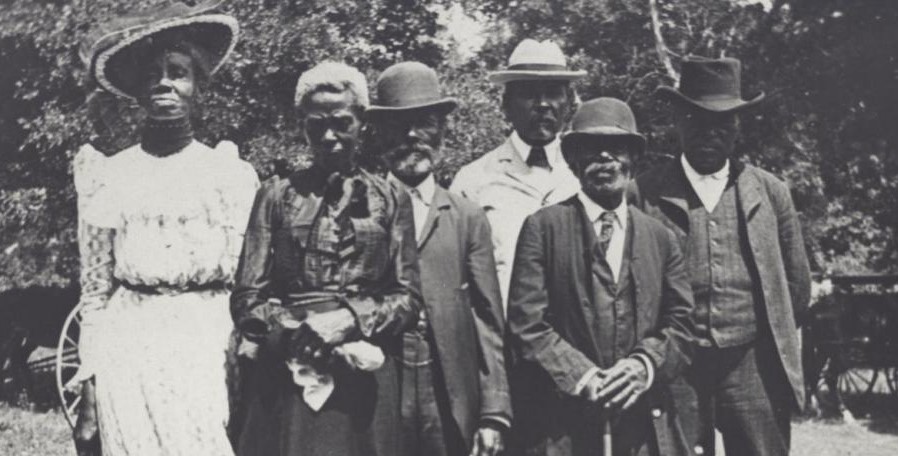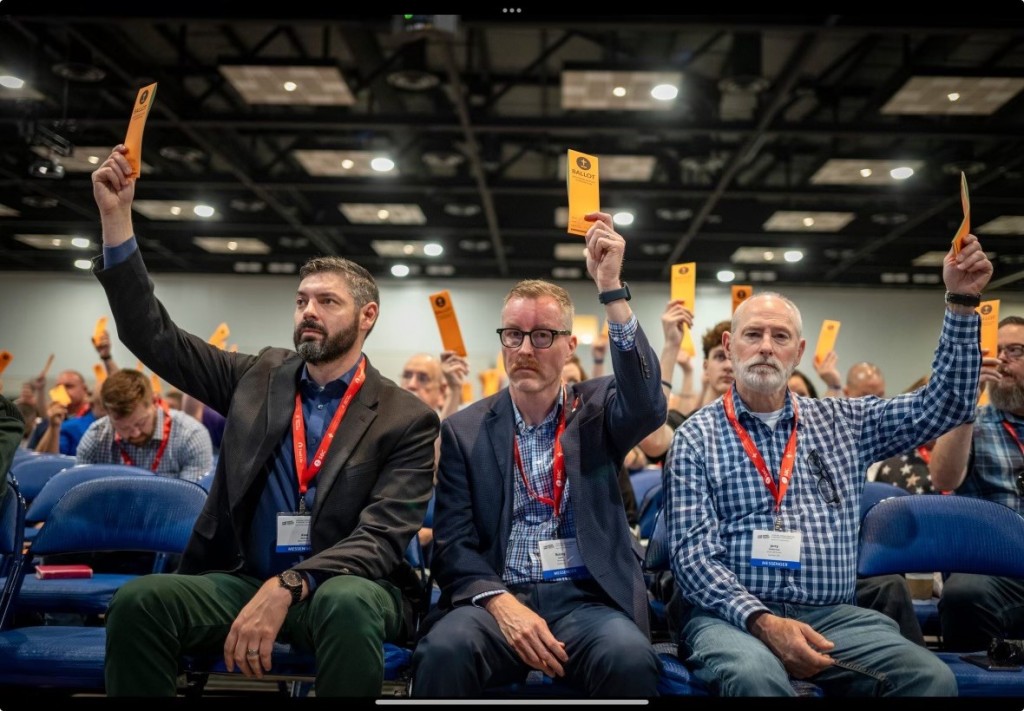
On Monday afternoon, if everything goes according to plan, my wife Christy, my daughter Catherine, and I will head to France for three weeks.
“France?” You say. “Why France?”
I think it started when I was fifteen years old, in my first French class. I opened my grammar and there were these two boys, Guy and Michel, greeting each other in French.
“Bonjour, Guy!” (Hello, Guy!).
“Bonjour, Michel” (Hello, Michel).
“Ca va?” (How’s it going?).
“Ca va bien, et toi?” (It’s going well, and you?).
“Pas mal” (Not bad).
I was suddenly able to picture this whole other world, where people spoke a different language and ate different foods and did different things than I had done when my brothers and I were growing up in West Virginia (“Tu veux jouer au football?”). I was smitten. I wanted to go there, live there, and learn how to greet my friends as casually as Guy and Michel did.
“Bonjour! Ca va?”
In my thirties I took my first trip to the Holy Land, my first real international trip of any kind. I remember standing to stretch at one point on that long flight, looking out the window at the green countryside below, and asking the flight attendant where it was. “France,” she said, and I wanted to open the emergency exit and jump out.
And then in my forties, on a mission trip to Russia, I had a 24-hour layover in Paris. It was my first time in that city. Robert Cochran was with me, the Director of Missions for the DC Baptist Convention, and at one point he and I were sitting on the upper deck of one of those wide, flat-bottomed boats that ply the Seine. It was after dark. We came around a bend in the river and saw the full moon rising above the Cathedral of Notre Dame. I said, “Robert, it’s a good thing you are not a good-looking girl (and he wasn’t), because this is so romantic I would be tempted to kiss you right on the mouth!”
My daughter Catherine seems to have inherited my infatuation with France. She studied French in high school and college, and last fall, before the first of two fairly extensive brain surgeries, she began to show me what she had found on a site called “Cheap Houses in France.” I said, “Maybe we don’t need to move to France, but if you find a good place we might be able to visit for a few weeks after your second surgery.” And she did. She found a house in a tiny hilltop village in the South of France that rented for three weeks for about the same price we would pay for a single week at Virginia Beach. And I found airfare from Washington to Paris that was cheaper than my last domestic flight.
And that’s why we’re going to France.
I couldn’t do it if I didn’t have great help at home. Senior Associate Pastor Lynn Turner (and lifelong woman in ministry) will be preaching on Sunday, July 7; Steve Blanchard, aspiring novelist and the director of our most visible ministry—Compassion—will preach on July 14; and rising star Allison Collier, Associate Pastor for Christian Formation, will preach on July 21. I hope you will give them your full support and reassure the congregation that a church that has been here for 244 years can probably get along for a few weeks without its Senior Pastor.
A bientot!


